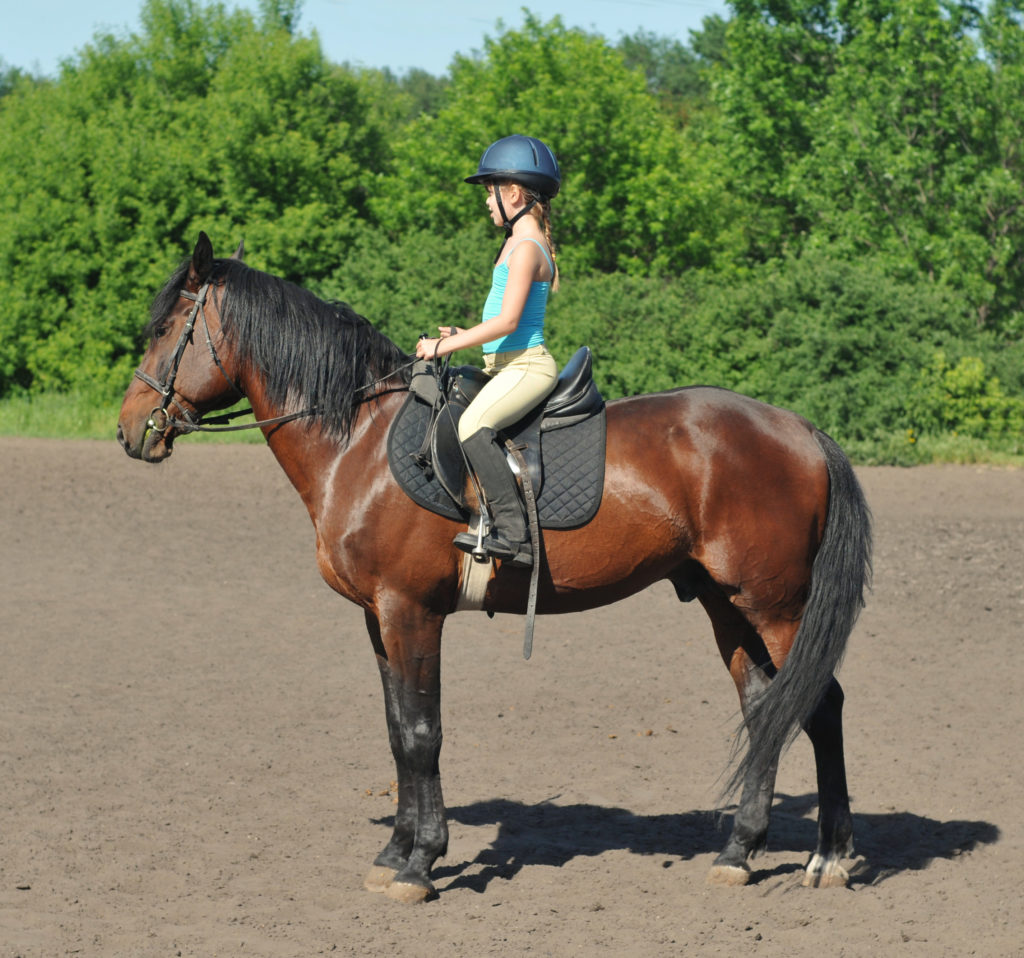
Online Horse Behavior and Safety Education: Is It Effective?
Online classes are now the norm in education, but can they assist in promoting safety to equine enthusiasts? One researcher says yes. Here’s why.

Online classes are now the norm in education, but can they assist in promoting safety to equine enthusiasts? One researcher says yes. Here’s why.

Pay close attention to and never ignore possible red flag indicators that arise when considering or visiting horse boarding barns. Here are some of the issues potential boarders might encounter.
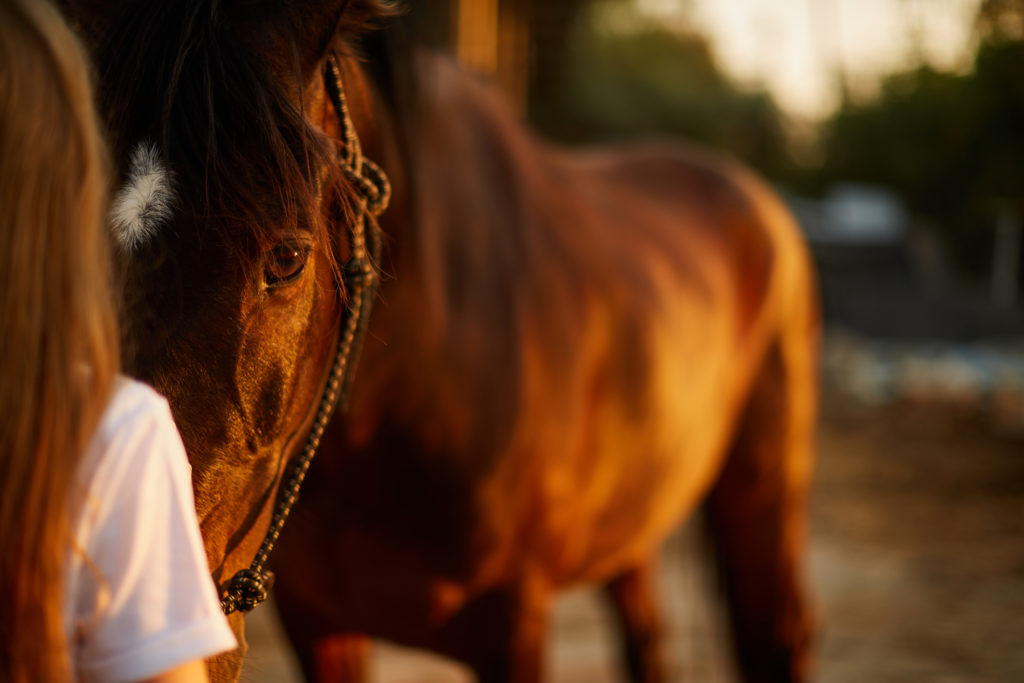
While many equestrians are anxious to get back in the saddle after a brain injury, one physical therapist says it’s best to take it slow. Here’s why.
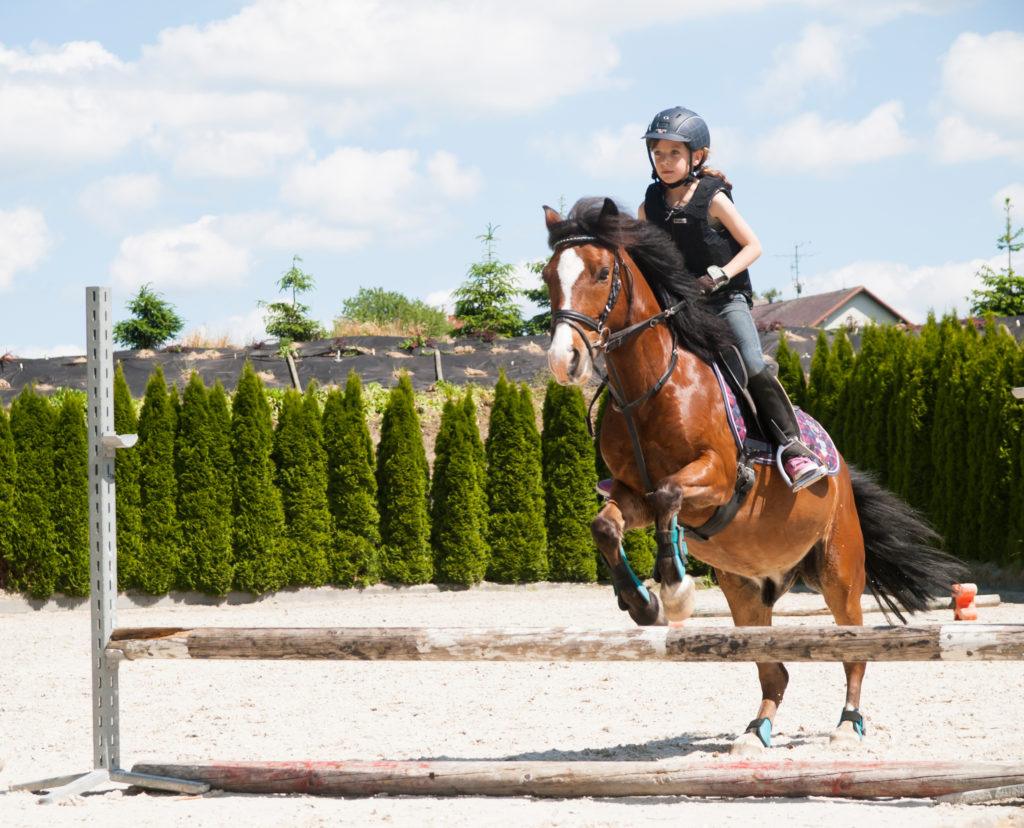
While researchers have looked at the reduced risk of serious injury to an equestrian when he or she wears a helmet, there has been less study into the effect of other safety equipment, including protective vests.

Arthroscopic pastern bone chip removal in horses had no significant impact on Thoroughbreds’ racing performance, researchers found.

A biomechanical engineer explains how most modern riding helmets protect our heads and what they might protect against in the future, as well.

Address the entire horse, not just the injury, when bringing a patient back to work, veterinarians say.

Does your horse refuse to stand still in the cross-ties? An equine behavior expert shares how to instill good grooming manners in a young horse or curb existing rude behavior in the cross-ties.
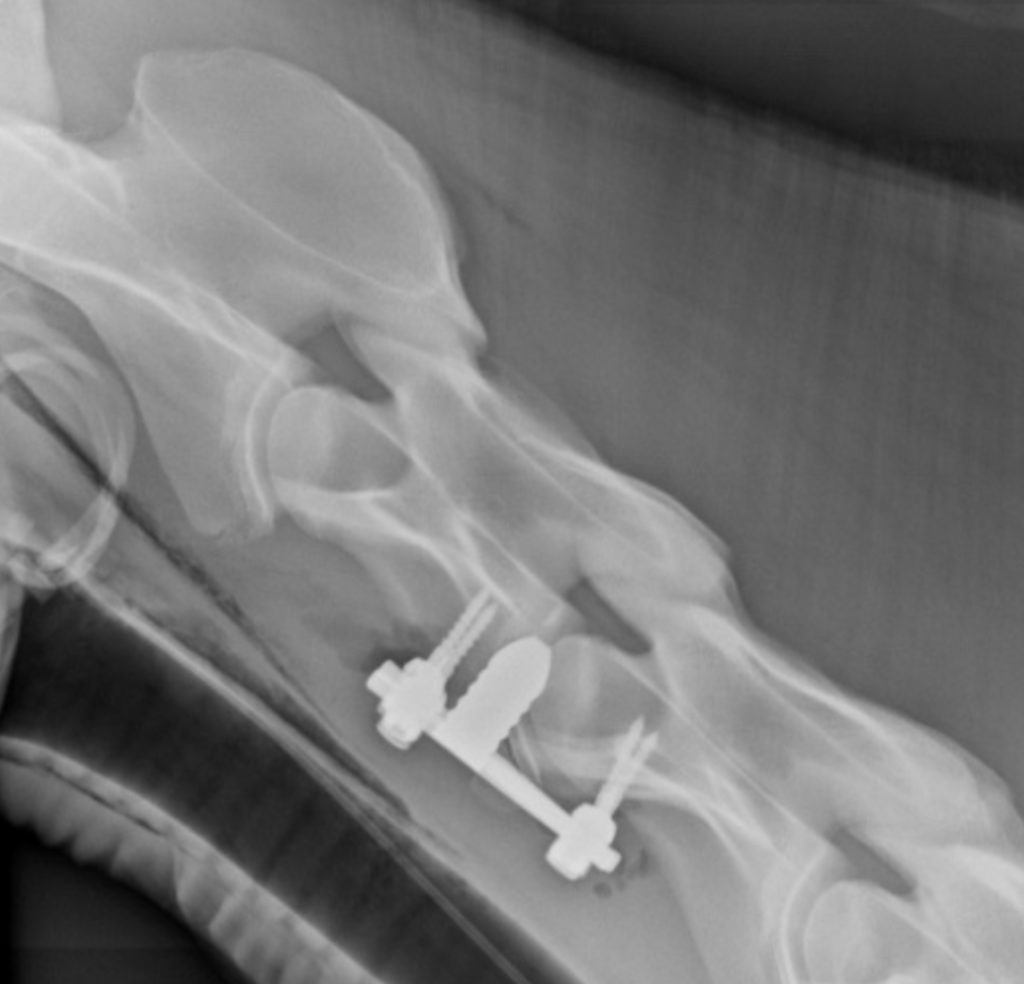
Researchers developed the new method for horses based on work conducted in humans. The procedure involves two stabilization devices: an intervertebral device to reduce compression and screws with rotating heads and connecting rods to stabilize the vertebrae.

Ammonia buildup can affect a horse’s respiratory health and performance, but it is preventable with sound management practices. Download this free report to learn more.

This gift will help the University of Kentucky launch a world-class equine drug research and testing program under the direction of Scott Stanley, PhD.
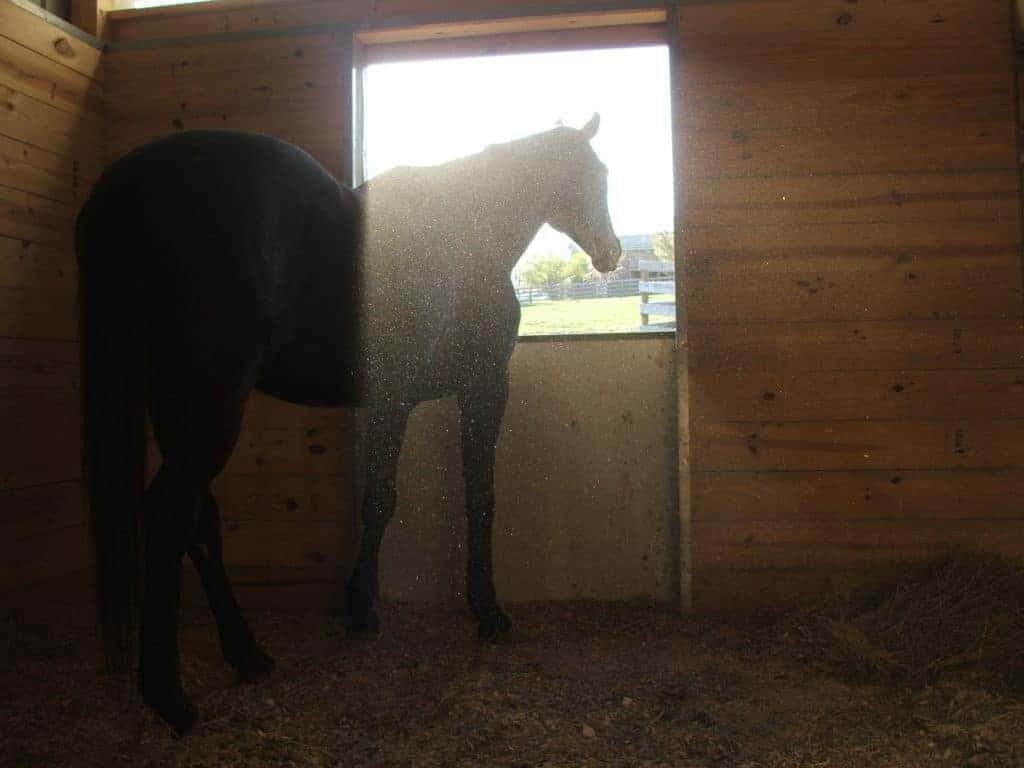
Study results revealed that box stalls have much higher concentrations of potentially disease-causing pathogens in the air compared to run-in sheds.

Many factors affect your horse’s ability to mount an effective immune response, one of which is his age. Learn more about the horse’s immune system and how it functions at every stage of his life.

Researchers now have a model that allows them to evaluate all possible parasite control strategies.

Dietary restriction plus a low-intensity exercise program helped improve overweight horses’ insulin sensitivities, which could help reduce their risk of developing laminitis.

Researchers said evaluating castration complications allowed them to arrive at a benchmark to which other equine practitioners can audit their individual and practice performances, possibly leading to even safer gelding procedures.
Stay on top of the most recent Horse Health news with
"*" indicates required fields